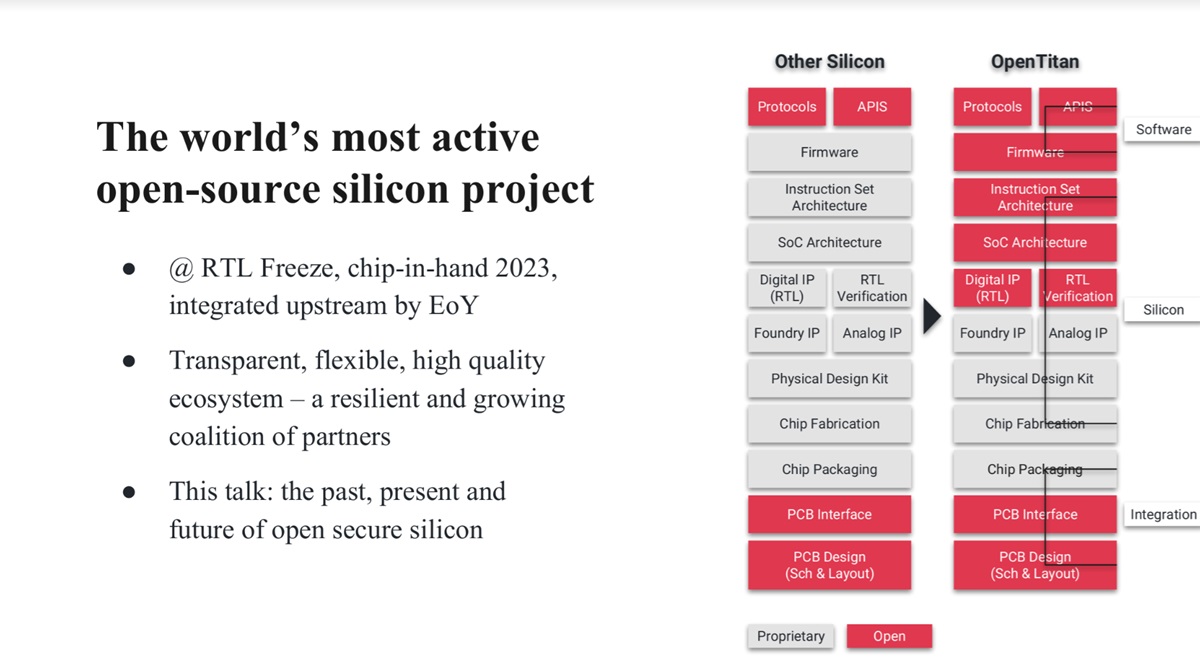AI: Finding the Right Balance between Promise and Safeguards
In recent years, Artificial Intelligence (AI) has emerged as a topic of paramount importance on a global scale. Its potential for innovation and disruption across various industries is undeniable, but so are the concerns surrounding its ethical implications and societal impact. As we move forward, it becomes imperative to strike a harmonious balance between the promise of AI and the safeguarding of its deployment.
The next few years are set to play a pivotal role in shaping the future of AI, with the pressing need to establish regulations and standards that guide its use. From governance frameworks to ethical guidelines, it is vital to establish a comprehensive set of rules that safeguard against any potential misuse or unintended consequences.
One of the key challenges lies in addressing the ethical considerations associated with AI. With the power to make autonomous decisions, AI systems must be guided by ethical principles that prioritize human well-being, fairness, and accountability. The development of responsible AI requires a multidisciplinary approach, involving collaboration between experts in AI, philosophy, and law.
Moreover, governments and regulatory bodies must come together to establish legal frameworks that define the boundaries within which AI operates. By imposing transparent regulations, it becomes possible to maintain accountability and prevent potential abuses in the future. International cooperation among countries is crucial to ensure that these regulations are globally applicable and not limited by geographic boundaries.
Transparency also plays an essential role in building trust and ensuring the responsible deployment of AI technologies. Companies must be encouraged to provide clear explanations of their AI systems’ decision-making processes, particularly in critical areas such as healthcare, finance, and criminal justice. By doing so, we can minimize the risk of bias, discrimination, and lack of accountability.
Furthermore, the role of education and awareness should not be underestimated. As AI continues to progress, it is crucial to equip individuals with a comprehensive understanding of its capabilities, limitations, and potential risks. By fostering digital literacy and promoting responsible AI practices, we empower individuals to make informed decisions and actively participate in shaping the future of AI.
In conclusion, the next few years will prove decisive in finding the right balance between the promise of AI and the implementation of ethical and societal safeguards. It is through collaborative efforts, strong governance, and international cooperation that we can ensure AI’s responsible and beneficial integration into our lives. By acknowledging the global import of AI and addressing its ethical considerations transparently, we can pave the way for a future where AI truly enhances human capabilities while upholding our shared values.



